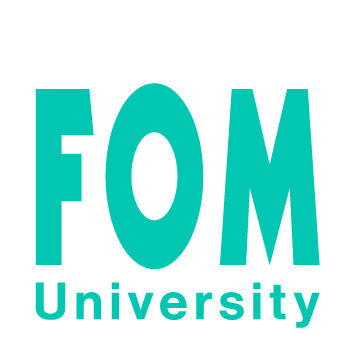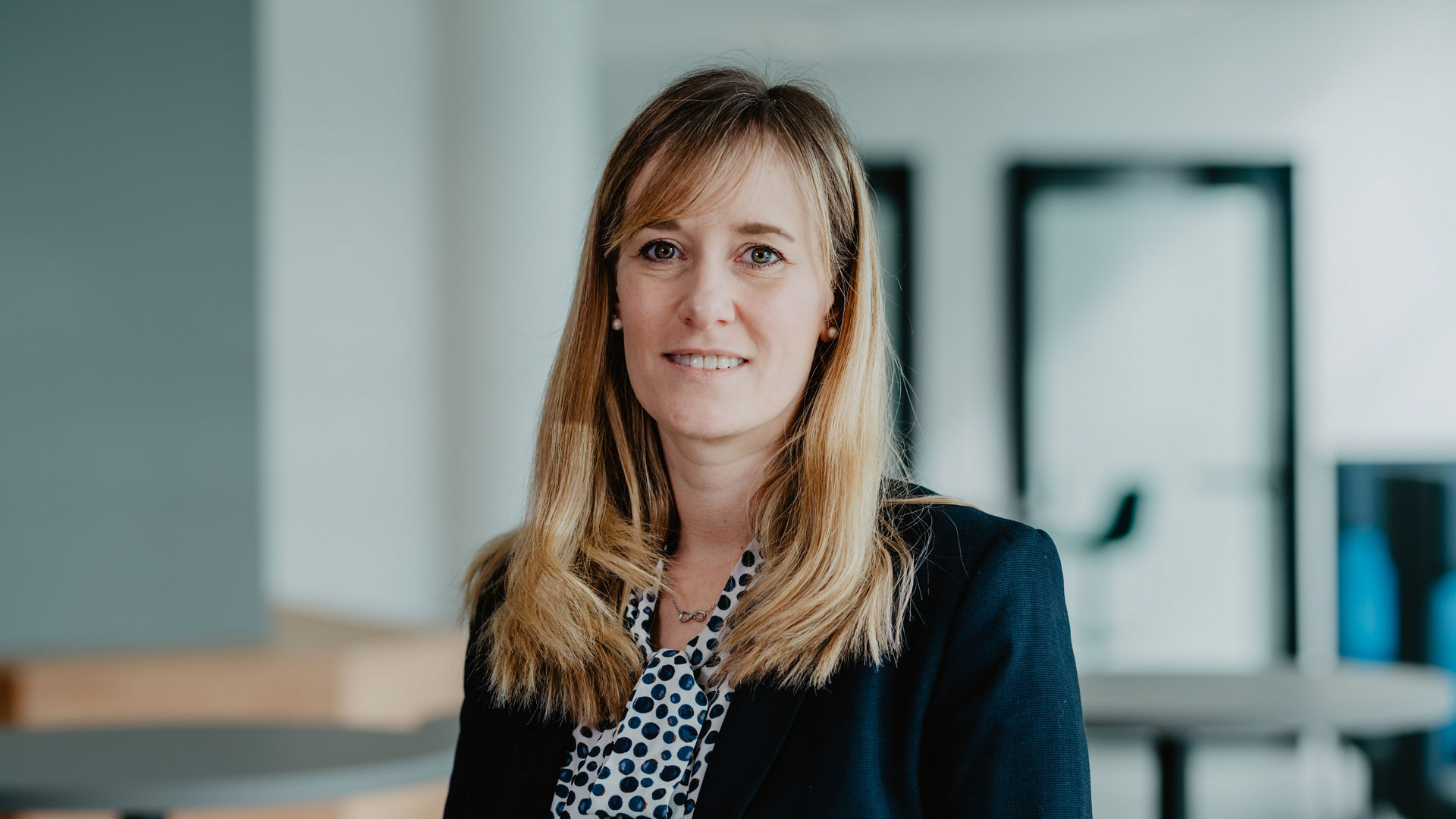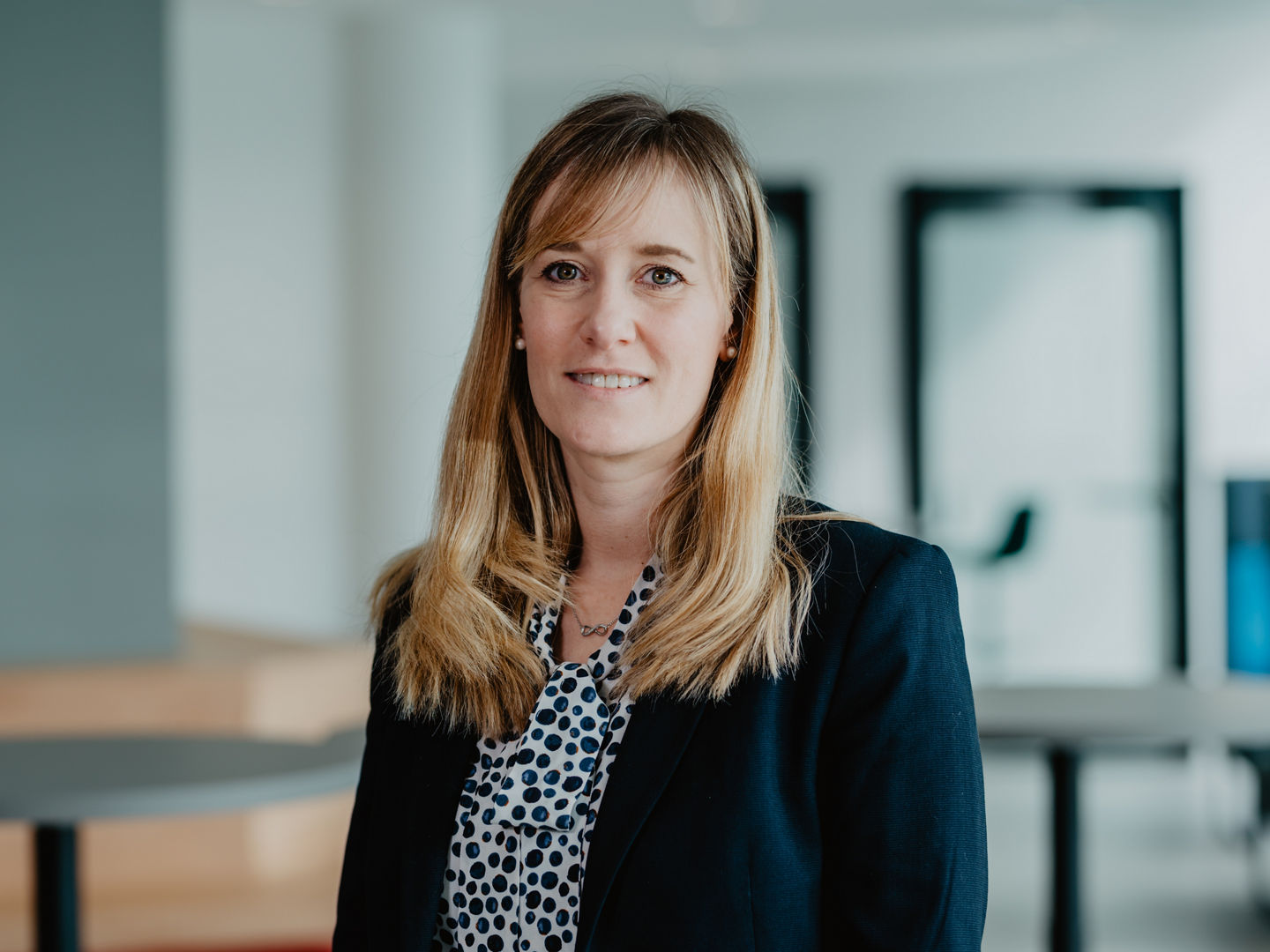Total fees payable in two installments (before the start of studies) or in three installments. The first installment (enrollment fee of €1,580) is payable upon receipt of the Offer Letter to confirm the place. After that, the rest can be paid in one installment (€20,920). Otherwise, students can split the fees into a second and third installment. The second installment must be paid before the start of the program and includes, among other things, the tuition fees for the first two semesters and the examination fees (2nd installment of €12,177). The third installment must be paid before the start of the 3rd semester and consists of the tuition fees of the 3rd and 4th semester (2nd installment à €8,743).
Unfortunately no results for your search
Oh no, somethings seems to have the broke the search results. Please try rephrasing your search term!
Industry 4.0 & Management
Master of Science (M.Sc.)
Degree: Master of Science (M.Sc.)
Industry 4.0 & Management
The economy is becoming increasingly digital and networked. The intelligent linking of IT and business management systems enables a more flexible, individual, and efficient production as well as an optimisation of the entire value chain. The goal of a more flexible production through networking goes hand in hand with ever-shorter product cycles, improved business models and a digitalised value-added network. The core elements of Industry 4.0 are automation, standardisation, digitisation, and networking as well as the merging of hardware and software.
In order to implement “Industry 4.0”, companies are dependent on specialized professionals who have both business management expertise and comprehensive skills in dealing with the key technologies of Industry 4.0.
With “Industry 4.0 & Management”, FOM has developed a future-oriented Master’s programme whose contents are specifically geared to these requirements. You will acquire both business expertise and management skills as well as sound specialist knowledge of the digital transformation of classic, industrial processes. In this way, you will prepare yourself for a wide range of possible applications in the context of Industry 4.0 and qualify for demanding positions and management tasks in nationally and internationally operating companies across all industries.
The Master’s degree in Industry 4.0 & Management will be completed with the academic degree Master of Science (M.Sc.).
Duration
Credit Points
Accreditation (Master)
Total costs
22.500,00 euro
including registration fee, tuition fee and examination fee

Studying full-time in Germany
Master’s degree on campus
International students from all over the world now also have the opportunity to participate in the Industry 4.0 & Management Master’s programme at FOM Hochschule. All four semesters will take place at FOM Hochschule at the study center in Essen, Germany.
Experience life in Germany and on our campus, deepen your academic skills and expertise in the field of Industry 4.0 in the country that has introduced the term to the world, improve your intercultural competencies and interact with other international students.
- Prerequisites for admission
- Tuition fees
- Application process
- Info material
What you need for admission
- University degree¹ of 180 credit points² with at least 60 credit points in (business) computer science or (business) engineering
or
- with at least 60 credit points from related modules (e.g. mathematics, statistics)
or
- successful completion of an oral and written admission examination
In addition, sufficient English language skills must be provided. Proof of sufficient English language skills can be provided by successfully completing a recognized placement test according to the Common European Framework of Reference (CEFR) for foreign languages at a language level of at least B2, e.g. by submitting a TOEIC test (min. 785 points or a TOEFL test (min. 72 points). This requirement may be waived in justified individual cases. Native speakers, graduates of an English taught study program, or applicants who can prove that they have lived in an English-speaking country for several years may be exempted from the test to prove sufficient knowledge of the English language.
¹) Graduation with a Master's or Bachelor's degree or with a Diplom or Staatsexamen. Degrees from accredited bachelor's training courses at universities of cooperative education are equivalent to university bachelor's degrees.
²) FOM awards credit points according to the European Credit Transfer and Accumulation System (ECTS) standard. They measure the amount of work required for the degree program.
Studycosts
-
registration fee
1.580,00
euro
- Participants who have already completed or are taking a course of study or a recognised continuing education programme at one of the institutes belonging to the BCW Group pay half the enrolment fee.
- tuition fee 20.570,00 euro
-
examination fee
350,00
euro
- The examination fee will be charged again if the student resubmits their thesis.
-
total fees
22.500,00
euro
including registration fee, tuition fee and examination fee
3 Steps to FOM
How to Apply
Register your personal data and educational background in the application form.
Please send the filled out and signed application form as well as the following documents as certified copies via email to incomings@fom.de:
- Authenticated copy of General university entrance qualification certificate
- Curriculum vitae
- Authenticated copy of Bachelor degree certificate (for details check the admission requirements)
- Authenticated copy of Transcript of records Bachelor’s degree
- If applicable: Authenticated copy of Master degree and diploma
- Proof of sufficient English language skills (at least B2 proficiency level – for details check the admission requirements)
- Proof of professional activity for at least 1 year after completion of the bachelor degree (prerequisite)
- Scan of passport
Please always enter your full name as it is mentioned in your passport. If you do not have a last name, please enter "-".
All documents must be in German or English. If your original document is written in another language, you must have your document translated by a certified translator. Please then send a certified copy of the original and the certified translation when applying.
Please send all documents as one PDF and name the file as followed: Last name, first name_Study programme (e.g. Smith, Jane_Big Data and Business Analytics).
Note: Where can I have my documents certified?
- issuing institutions, e.g. schools, universities and language schools,
- the Ministry of Education in your home country
- the German embassies and consulates,
- the cultural department of the embassy of the country from which the certificate originates,
- the authorities and notaries who are authorised to carry out official certification in your home country.
Important: Translators are not allowed to certify documents in the original language.
After the successful admission the originals and authenticated documents as well as the originally signed registration form need to be handed in at the International Office.
Please download the application form below.
- Industry_Management_FOM156aV.pdf
- 886 KB
- application/pdf
Semester Overview
Study programme
Artificial Intelligence (6 CP)
Development of the AI and essential conceptsAgents
Knowledge-based systems
Logics
Machine learning and data mining
Smart Technologies within the Value Chain (7 CP)
Industry 4.0 technologies within individual business processes of a manufacturing company (production IT, big data analytics, internet of things, artificial intelligence)Industry 4.0 technologies within individual business process sections
Data security
Impacts and effects of Industry 4.0
Technology & Sustainability (5 CP)
The role of different actors in sustainable developmentSustainability assessment of products, services and processes
Technology transfer as an instrument of sustainable development
Sustainability relevant fields of technology
Design Thinking & Business Model Innovation (6 CP)
Lean start-upMethods of design thinking to formulate comprehensive and innovative problem and solution spaces
Basic principles of design thinking business systems and portals
Information-Security (6 CP)
Technical basisThreats and risks
threar prevention
ISMS
Organisational Transformation (6 CP)
requirements of digitisation for the enterprise organisationsuccess factors of organisational
transformation processes
concepts of organisational change: organisational transformation
Digital Factory & Cyber-Physical Systems (6 CP)
basics of cyber-physical production systemsfundamentals and application of robotics
fundamentals and classification of additive manufacuring
sustanability and ethical aspects in the context of smart production
Research Methods (5 CP)
empirical research overviewscientific theories
research problem and topic
research and theoretical background
examination design
Enterprise Architecture Management (6 CP)
summary EAMorganisational anchoring of EAM
business and IT-strategy
IT systems and IT architecture
EAM tools
Applied Project I (6 CP)
Master’s thesis and colloquium (25 CP)
Applied Project II (6 CP)
Subject to change.



